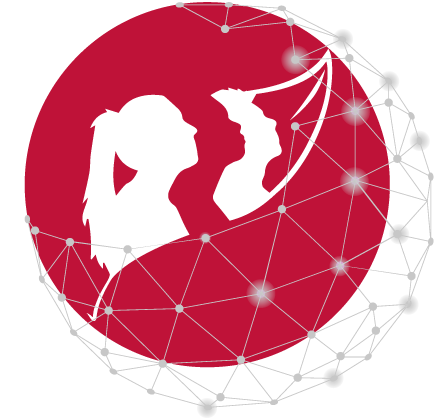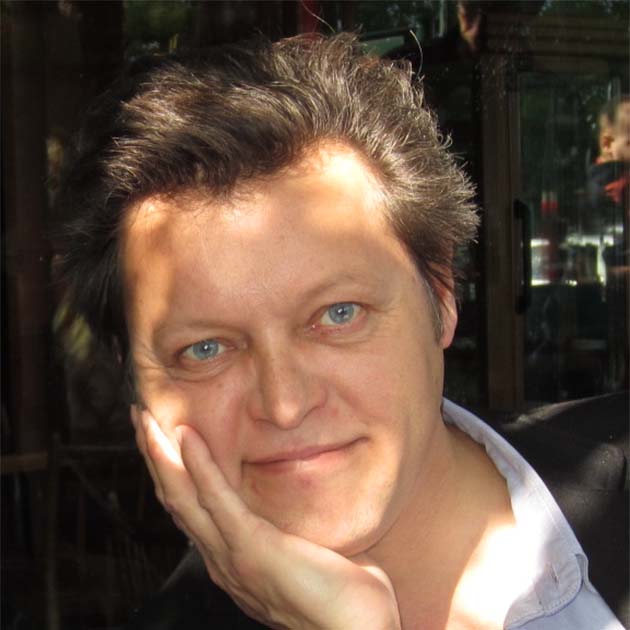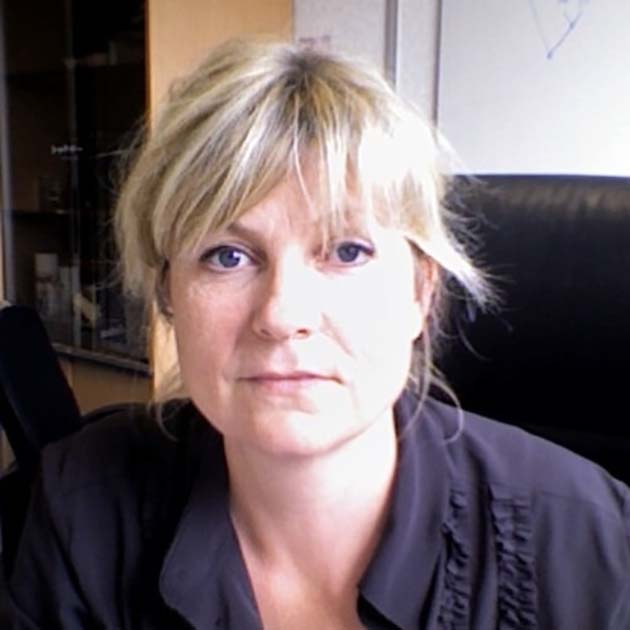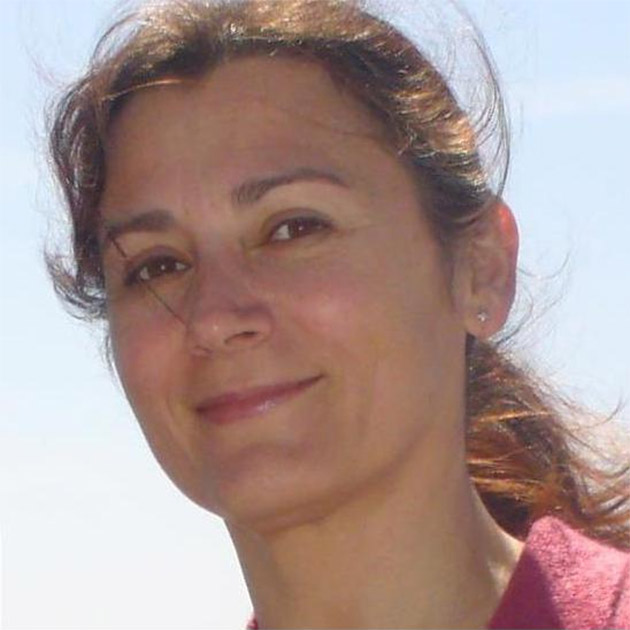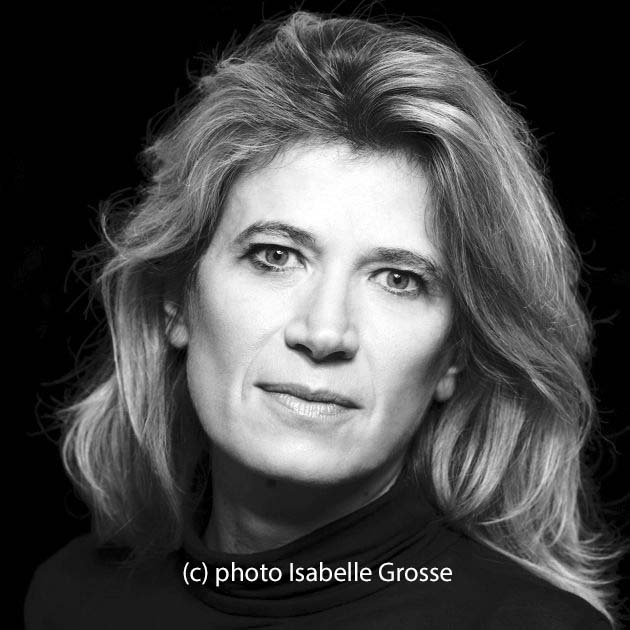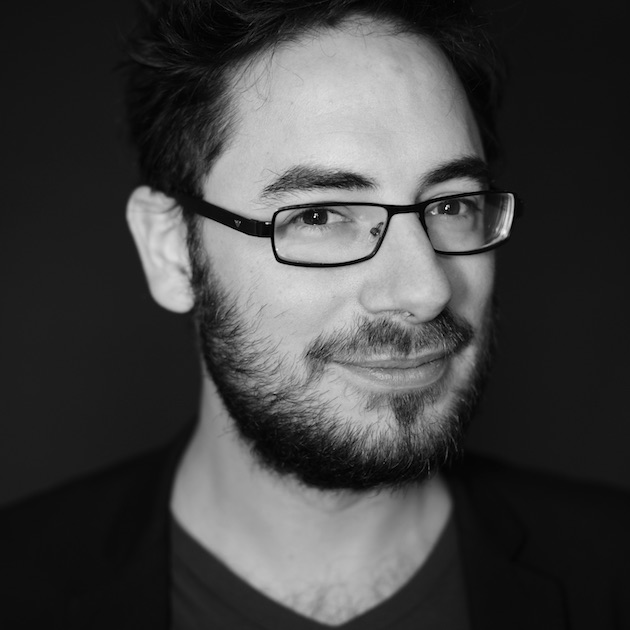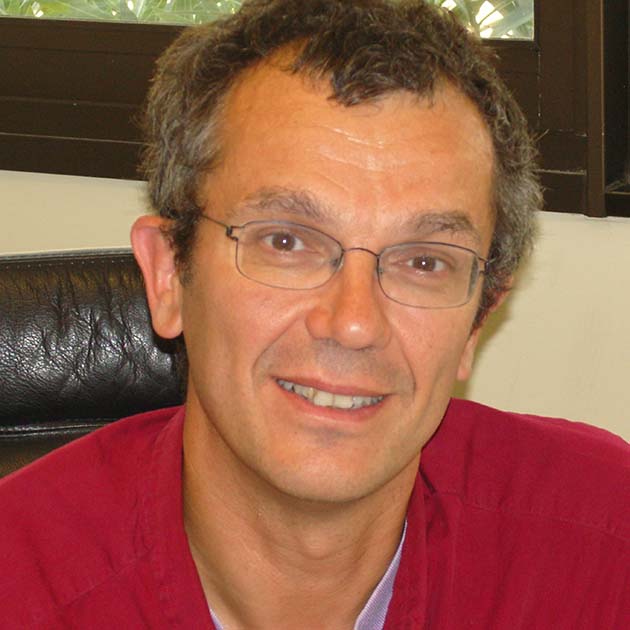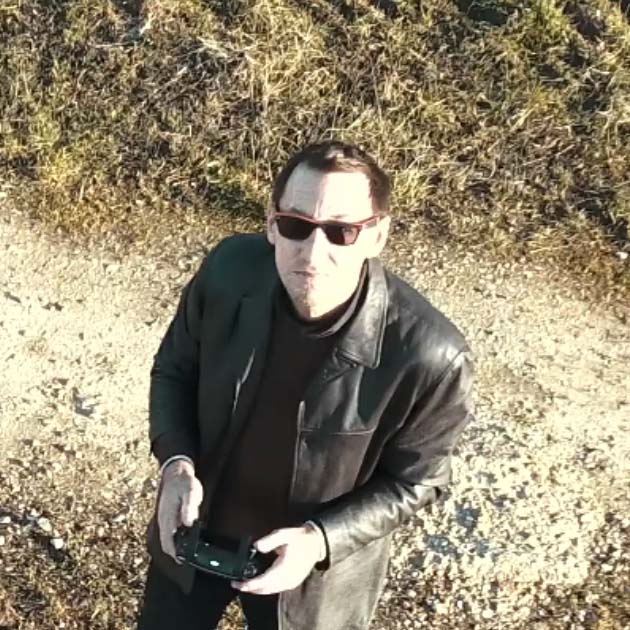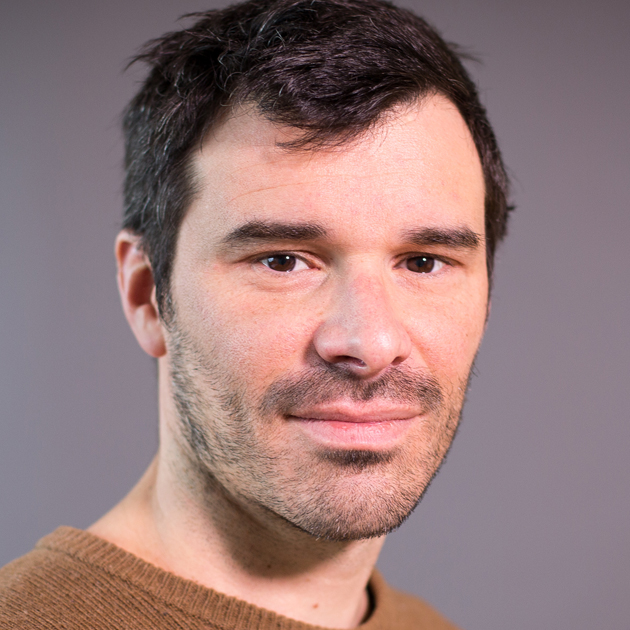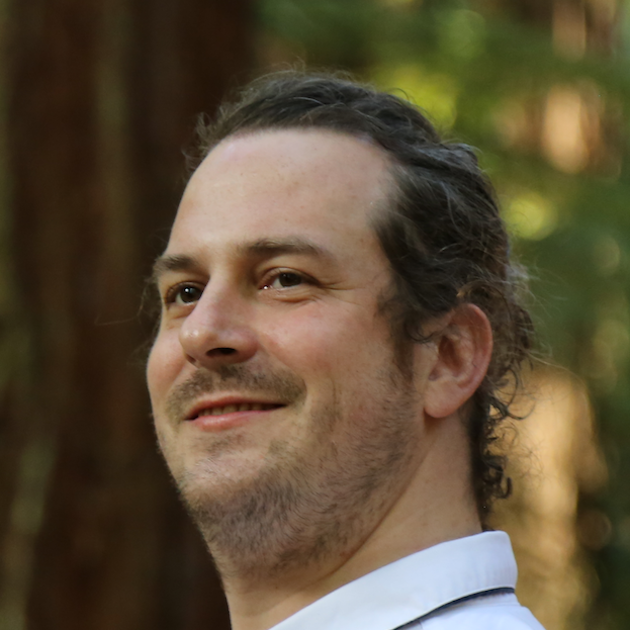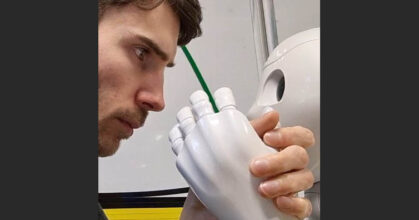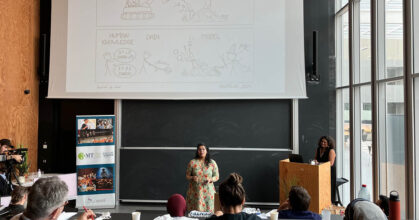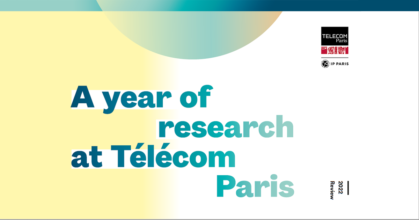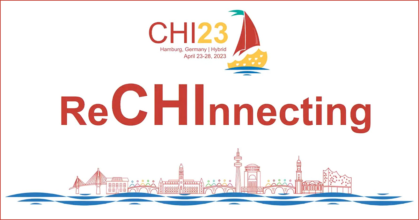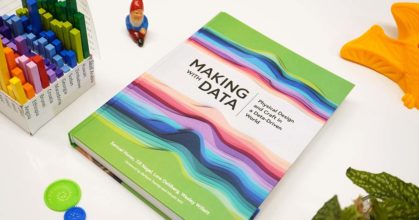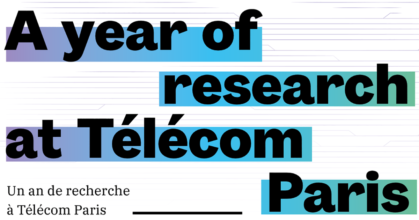The Interact team (formerly Sociology, Ergonomic Psychology, Language Sciences and Design), directed by Françoise Détienne and Christian Licoppe, is a faculty group from the i3 research laboratory (CNRS UMR 9217) of the Economics & Social Science department at Télécom Paris. It brings together the skills of 9 professors & associate professors and 3 CNRS researchers in sociology, ergonomic psychology, language sciences and design.
The animation of the team is structured around the Interact research seminar.
The research carried out by Interact is firmly embedded in innovation issues:
supporting innovation with creativity and participatory approaches and the study of appropriation and uses. INTERACT relies on a combination of methods—interaction analysis, analysis from the subject’s point of view, participatory methods—to make use situations visible. The team organizes its work, structured around ANR and H2020 programs, into four themes:
The Interaction and activity theme focuses on understanding the organization patterns of human interactions, especially in environments with a high digital technology component. Research projects study the organization of communication exchanges in “fragmented ecologies”, the interactions in institutional and professional environments, where forms of speech maybe constrained, and the interactions between humans and virtual agents and robots.
The Collaboration and Communities theme aims to understand and equip design and collaboration activities, understood as activities that are productive, targeting the co-development of a physical or digital artifact, constructive, targeting the co-development of knowledge in an interaction and socio-relational, targeting the regulation of emotions and the development of a collective approach.
The Mobility theme analyzes the in situ practices of technology-driven mobility: behavior linked to the new forms of mobility in urban settings, taking into account attention, risks and constraints, shared mobility, their use and appropriation, new mobile services and mobility in a transnational context, such as migrants and diasporas.
The Design and Creativity theme focuses, with a non-deterministic view of creativity, on analyzing and understanding the socio-cognitive, emotional and technical processes involved in design, as well as experimenting with new situations, methods and devices for creativity.
Faculty members
 Michael BakerResearch Professor
Michael BakerResearch Professor Béatrice CahourSenior researcher
Béatrice CahourSenior researcher Françoise DétienneResearch Professor
Françoise DétienneResearch Professor Dana DiminescuAssociate Professor
Dana DiminescuAssociate Professor Laura DraettaAssociate Professor
Laura DraettaAssociate Professor Olivier FournoutAssociate Professor
Olivier FournoutAssociate Professor Isabelle Garron, maitresse de conferences HDRAssociate Professor
Isabelle Garron, maitresse de conferences HDRAssociate Professor Samuel HuronAssociate Professor
Samuel HuronAssociate Professor Christian LicoppeProfessor
Christian LicoppeProfessor Panos MavrosAssistant Professor
Panos MavrosAssistant Professor Julien MorelAssociate Professor
Julien MorelAssociate Professor Marc RelieuAssociate Professor
Marc RelieuAssociate Professor Nicolas RolletAssociate Professor
Nicolas RolletAssociate Professor Stéphane SafinAssociate Professor
Stéphane SafinAssociate Professor
PhD candidates
- Héron Robin, Ergonomic psychology
- Juteau Hélène-Marie, Sociology
- Loiseau Benjamin, Ergonomic psychology
- Morvan Aliénor, Ergonomic psychology
- Rudaz Damien, Sociology
- Song Le, Sociology
Post-PhD
- Dalle-Nazebi Sophie, Sociology
- Granier Anne-Lise, Sociology
Visiting professors
- Bietti Lucas, Language sciences
- Proulx Serge, Sociology
- Tait David, Sociology
News

[Ideas] Human-machine interaction in ChatGPT era
PhD, Data Science & AI, Design interaction perception — 20/12/2024Damien Rudaz: Are robots emerging as social agents?
Indoor and Outdoor Spatial Computing: an awarded project
Design interaction perception, Faculty Members — 16/10/2024The joint project "In-and-Out" between Panos Mavros, Télécom Paris, and Jakub Krukar, [...]
"Top 2%": our faculty members among them
Faculty Members — 26/09/2024This ranking of excellence drawn up by Stanford features more than 210,000 researchers out of more than 8 million active scientists [...]
Manvi Agarwal 2nd place in the 3-Minute Thesis® Competition
PhD — 06/06/2024She took part alongside five other doctoral students from Université Paris Saclay, Télécom Paris, and Université Clermont [...]
[Ideas] The connected migrant at the Museum of Immigration
Faculty Members — 14/02/2024Dana Diminescu: her research, at the crossroads of the human sciences, art and digital technology, focuses on this new [...]
Review: one year of research 2022
Faculty Members, Innovation — 13/06/2023The document depicts the great variety of scientific fields, research projects and applications generated by this abundant ecosystem.
CHI 2023 Conference Highlights
Design interaction perception, Faculty Members — 22/05/2023The 2023 CHI (pronounced Kaï) conference on Computer and Human Interaction welcomed researchers from around the world in [...]
Human-Computer Interaction: our works awarded at CHI'2023
Design interaction perception, Faculty Members — 05/04/2023Works from Télécom Paris faculty are about to be awarded at CHI 2023, ACM CHI Conference on [...]
New Heroism: a paradoxical model of success
Faculty Members — 30/05/2022Olivier Fournout deciphers the DNA of successful behaviour and proposes a theory on the paradoxical injunctions of today's world.
Review: one year of research
Faculty Members, Innovation — 28/04/2022The generously illustrated 94-page document depicts the great variety of scientific fields, research projects and applications generated [...]
